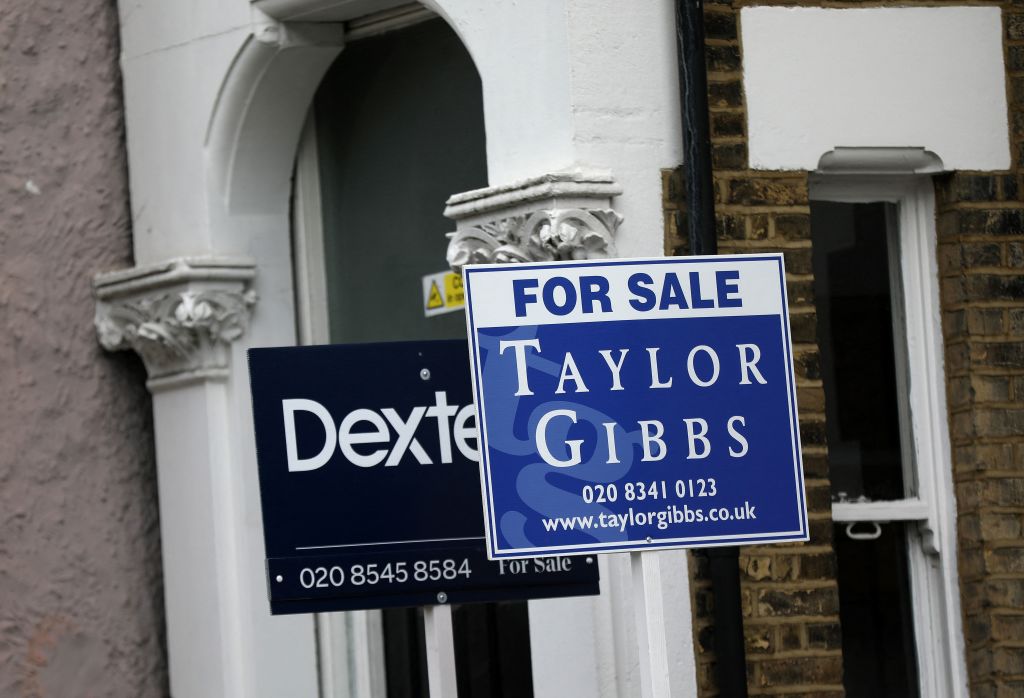Here’s a thought experiment about tax and fairness. Imagine two people, Janet and John. They’re both 30 years old. Janet did better at school and works harder than John, does longer hours and earns more. Her salary is £50,000. Her take-home pay is £37,776 – she pays £12,224 in income tax and national insurance each year. John’s doing OK: he earns £25,000. His take-home pay is £20,881, after taxes of £4,119.
Let us wind the clock forwards by twenty years and assume all else is equal: salaries and tax rates remain unchanged. Over those two decades, Janet’s efforts bring her £755,520. John’s total is £417,620.
Then, aged 50, both our imaginary friends sadly lose their imaginary parents. Janet’s parents live in social housing. John’s parents owned their home, which he now inherits. It’s worth £350,000, somewhere close to the national average for three-bed house.
John pays no tax on the house. So, having earned less than Janet over the last 20 years, his total earnings plus the value of that property now exceed Janet’s earnings. She may have worked harder, taken bigger risks and committed more to working, and as result earned twice as much as John, but she’s still ended up with less than him. Janet gets £755,000, but despite earning half as much as her, John ends up with £767,000.
Is this situation fair? Readers will no doubt have different, nuanced answers, since ‘fairness’ is a complicated concept. I’m asking the question because it has been reported that Chancellor Jeremy Hunt is planning to increase the sums of money the Treasury raises from inheritance tax, by continuing to freeze the threshold at which that tax applies. That will very likely drag more estates into inheritance tax territory, meaning more people pay some tax on stuff they inherit.
This is making some people unhappy, because inheritance tax is a very emotive issue. I know this because I’ve been writing columns calling for higher inheritance tax for several years now, so I’ve become accustomed to the very passionate and sometimes abusive reactions that the argument elicits.
Every pound raised from inheritance tax is a pound that doesn’t have to be raised elsewhere
A lot of the case against inheritance tax (IHT) evokes concepts of fairness. Many people feel it’s not fair for someone to work to buy a home that they hope to pass on to their children, then face the prospect of some of the value of that property being taken from those children in tax.
I understand the strong feelings at play here, but I don’t think they justify tax rules that favour unearned inheritance over earned income. If you’re keen to invoke fairness to defend inherited wealth, what about fairness for Janet?
Over those 20 years of work, she received £1 million in wages and paid £244,380 in tax. John received £500,000 in wages and £350,000 in inherited wealth, and paid £82,380 in tax. That’s less than a third of Janet’s tax bill, and he still ends up richer than her. Is that fair?
Here, perhaps readers will incline to argue that the best way to show more fairness to Janet is to cut her tax bill. I tend to agree with that, but I also live in the real world, where governments have to raise money from somewhere, rather than magicking it out of thin air with some nice talk about self-funding tax cuts, Laffer curves and unicorns.
So I’d argue that anything that increases the sum of money the Government raises in inheritance tax is a good thing, because every pound raised from IHT is a pound that doesn’t have to be raised elsewhere. Freezing IHT thresholds means Janet’s taxes don’t rise as much as they would have done otherwise.
This is the hard choice that opponents of IHT have to face. Higher inheritance taxes could allow lower income taxes. If you defend a tax code that leaves much inherited wealth untaxed, you’re defending a system where taxes on earned income are higher than they would otherwise be. By all means rage about the unfairness of IHT. But please admit that by doing so, you’re arguing that some people should face higher taxes on their earned incomes so that you and yours can enjoy unearned and untaxed wealth that was accrued by someone else.
I have a lot of sympathy with those who say they earned the money for their home: I’d generally like the tax levied on those earnings to be as low as possible. But I can’t agree that people ‘earn’ the increase in their property values, and I certainly don’t think that people who inherit property have done anything to earn it. Levying more taxes on such unearned gains, as we do elsewhere through capital gains rules, would be a fair and sensible step, as Ross Clark has argued.
The IHT policy that’s reportedly on the way in Jeremy Hunt’s Autumn Statement still falls well short of the serious restructuring needed to make the tax treatment of inherited wealth fair. ‘Stealth taxes’ via fiscal drag are a sneaky move that can make it harder to win public support for tax changes.
But overall, any move to raise more money from inheritance should be welcomed. In a world of difficult choices, Hunt is choosing to raise some money from unearned wealth that he might otherwise have taken from earned incomes. Anyone who believes that work should be rewarded should support him.







Comments